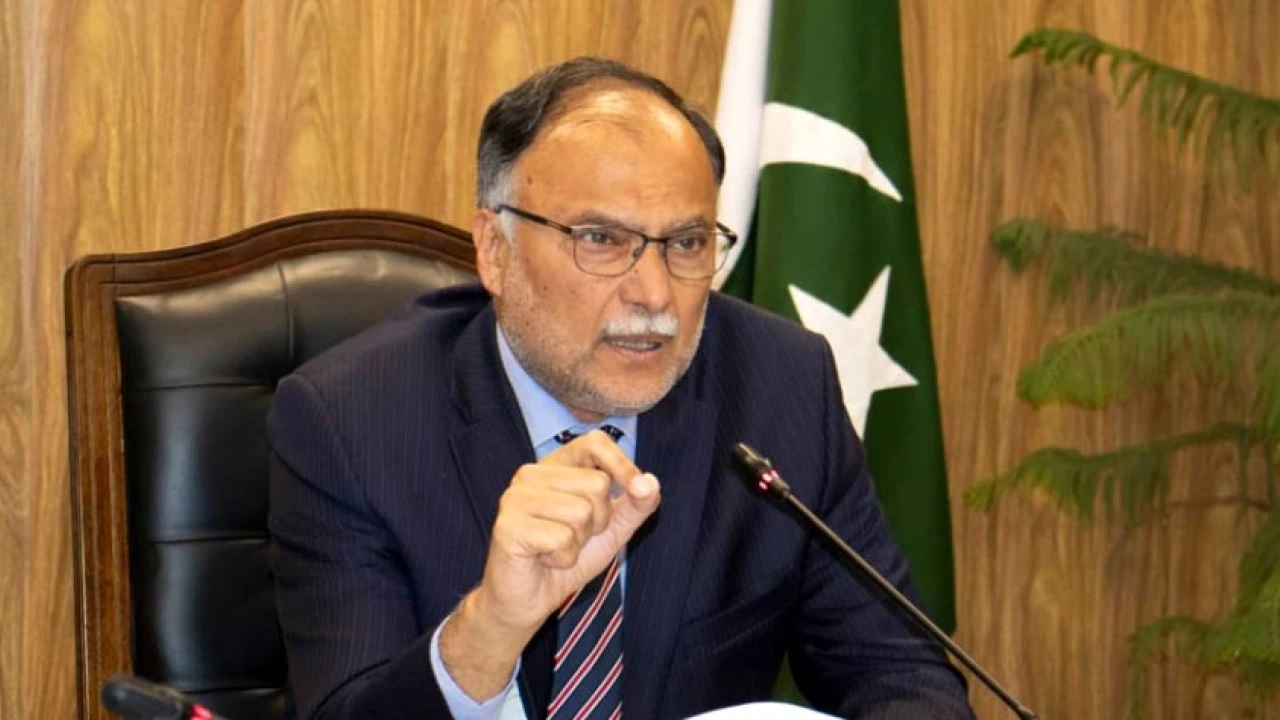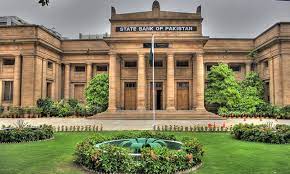PTBP Web Desk
The Ministry for Planning, Development and Special Initiatives took a significant step towards shaping Pakistan’s development landscape by approving the strategic guidelines for the Public Sector Development Programme (PSDP) for the fiscal year 2025-26. This pivotal decision was made during a high-level meeting chaired by Federal Minister for Planning, Development and Special Initiatives, Ahsan Iqbal, attended by key figures including Planning Secretary Awais Manzoor Sumra and senior ministry officials.
The meeting’s agenda centered on optimizing fiscal resources to maximize development impact. A key discussion point was the rationalization of PSDP’s throw-forward liabilities. The federal minister emphasized prioritizing projects that have reached at least 80% financial progress, aiming to complete these within the current fiscal year to ensure a high return on public investment. This approach not only aims to accelerate project completion but also to manage fiscal resources more efficiently.
Ahsan Iqbal ordered the suspension of low-priority schemes, redirecting those funds to initiatives with higher strategic value and potential impact. This strategic realignment is part of a broader vision to make PSDP allocations outcome-driven and performance-based, with an added layer of public accountability to ensure that taxpayer money is used judiciously.
The guidelines also reflect an integration with the “Uraan Pakistan” framework, a central component of the National Transformation Plan 2024-2029. The minister underscored that all new development initiatives must align with the objectives of this framework, aiming for economic growth and socio-economic transformation by 2029. Projects under consideration for PSDP 2025-26 will need to demonstrate clear socioeconomic benefits and strategic relevance to national development goals.
Ministries were tasked with submitting project proposals complete with detailed implementation frameworks, including measurable Key Performance Indicators (KPIs). This move towards structured project submissions is intended to improve project quality, monitoring, and accountability. Iqbal highlighted the importance of expediting ongoing projects, especially those with foreign aid or concessional loans, to avoid cost overruns and delays.
The minister did not shy away from critiquing past budgetary decisions, particularly those by the PTI government from 2018 to 2022. He noted that during those years, a significant 40% of federal development funds were redirected to provincial projects, which he argued skewed national development priorities and slowed down progress. This critique serves as a backdrop for the current administration’s push towards a more balanced and effective development strategy.
The meeting concluded with a strong commitment to transparency, institutional ownership, and efficient resource management. The goal is to foster an environment conducive to investment, enhance public expenditure quality, and ensure that PSDP interventions contribute significantly to Pakistan’s development agenda.
The strategic guidelines approved for PSDP 2025-26 are not just about funding projects but about transforming how development is conceptualized and executed in Pakistan. By focusing on high-impact projects, aligning with national strategic goals, and ensuring accountability, the ministry aims to set a new standard for public sector development that could lead to sustainable growth and socio-economic advancement.
This strategic shift in PSDP policy reflects a broader commitment to not only meet immediate developmental needs but to lay a foundation for long-term national prosperity under the guiding vision of “Uraan Pakistan.”




